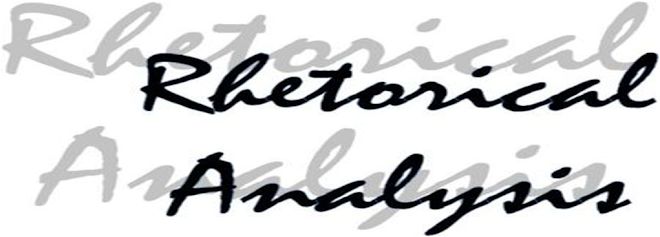There have been many great leaders of America that have used all of the powers of ethos to make the American people love them. President Franklin Delano Roosevelt was one of these great leaders. One example of when President roosevelt used his ethos to present an issue was on December 8, 1941. President Roosevelt was addressing many important members of the government and the American people about the Pearl Harbor attack that had happened just the day before.
President Roosevelt already had almost 'built-in' ethos just from being the President. As so, he held the highest position of authority in the country. He was able to influence many people because they respected and honored his words.
Roosevelt cuts right to the chase and begins addressing how there had been "no threat or hint of war or of armed attack." (par.4) Many people were shocked at how the Japanese had been able to sneak behind the back of the U.S. President Roosevelt begins to speak as if he is just a regular citizen who is just as shocked as everyone else. He appeals to people and their emotions because it indeed was a tragic day. He shows sincere emotion and speaks with profound clairy when he says, " I regret to tell you that many American lives have been lost." (par.6) He is very truthful with the audience and this gives him even more credibility then he already has. This is also a very smart way to involve pathos, by appealing to the citizens emotions of shock and fear.
The President then uses an interesting tactic. He uses repition to address the places where Japan had attacked the United States. (par.6) By doing this, he over emphasizes how real and detrimental the situation is. It arouses a sense of fear in the audience when they begin to realize all of the damage that the Japaneses empire has caused in such short time.
However, right after the bold statements, the President uses ethos to reassure his nation, as noted by Madeline in her analysis in the fourth paragraph. He begins by stating, "As commander in chief of the Army and Navy, I have directed that all measures be take for our defense." (par.8) Not only is he the President of the country, but he restates his position as commander of the armed forces. He speaks with courage and confidence when he says, "the American people in their righteous might will win through absolute victory." (par.9) He shows that he has determination to protect the American people. He uses his authority to publicly display his determination in a time of severe crisis. He continutes with his wave of confidence by stating, "with confidence in our armed forces, with the unbounding determination of our people, we will gain inevitable triumph."(par.12) He shows the people and the members of Congress and Senate that he plans on protecting and defending the country's rights by any means.
President Roosevelt uses ethos in the form of confidence and courage to his great advantage in his speech. He also relates to the american people by saying 'we' instead of 'I'. Some of the ethos used is to boost the confidence of the United States, and is strictly for the people. His sheer conviction regarding the issue and the confidence he shows makes the people want to support him and give their support to whatever he may ask of them. President Roosevelt gains the trust and support of the American people by the way he presents the issue with such authority and formality.
"I Have A Dream"
16 years ago

You seems to be dealing more with pathos (his appeals to emotion) than with ethos here. There's some great work identifying very specific language tools he uses to create/magnify the emotional impact. Rewrite to focus on pathos.
ReplyDeleteALSO: fix your labels. Your name should be a separate label, not part of the other one. At our conference, I'll show you the problem this causes.
I think there's both pathos and ethos in this and I think you did a great job explaining specifics and I enjoyed the clarity of your writing.
ReplyDeleteGood stuff. Two things. One is your opening paragraph has some superfluous wordage. In one of our in-class "20%" cutting exercises, I think your first sentence would go. The other thing was maybe you could discuss a U.S. President's ethos a little deeper. It is understandable that the country recongnizes the President as an authority, but why do we do that? What is the history of that? Which conclusions and assumptions does his ethos lead us to make? How does it affect the way we hear/read his words?
ReplyDelete